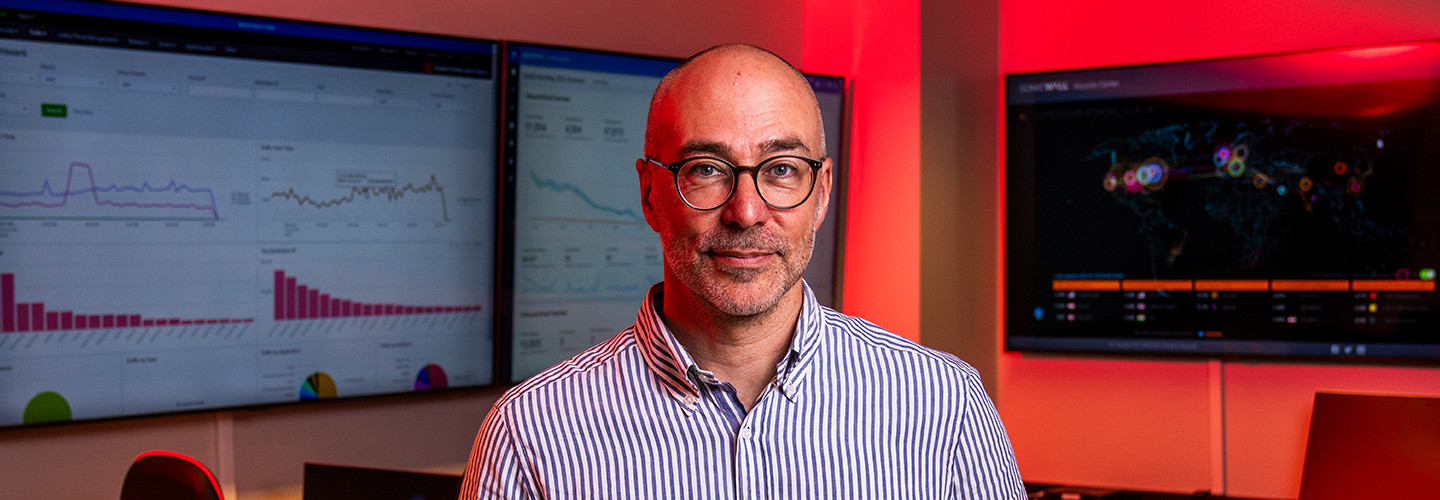Student-Run SOCs Put Students on the Front Lines of Cyberdefense
Fairfield University launched its hands-on program in fall 2022 and has already put four students to work in the SOC.
“We collaborated very closely with the security team in the IT Services department and with our CISO, Henry Foss,” Speretta says. “Together we opened all the software tools that the security team uses to our computer science students so that they can work on tasks that are usually carried out by cybersecurity professionals.”
Students use tools by Tenable, CrowdStrike, Splunk and others in support of cyber monitoring and remediation. With these capabilities, “the students have access to any kind of traffic that happens on the network” and can help identify areas of concern, he says.
At Missouri’s Maryville University, 10 to 12 students per semester work in the Cybersecurity Center of Excellence as part of their academic coursework, says assistant professor of cybersecurity and Interim Assistant Dean Brian Gant.
The center provides free cybersecurity services to area organizations and businesses.
“Once we enroll students in this course, they typically get assigned clients. It might be a neighboring school district, a nonprofit organization, or maybe a mom-and-pop business that does not have the budget to pay a third party for full-blown cybersecurity services,” Gant says.
The students typically provide high-level services such as “scanning of networks, looking at vulnerabilities and creating phishing campaigns,” Gant says. “These are things that are very effective for an organization, but you’re not necessarily providing the keys to the kingdom to a student.”











